General Motors has ended a program aimed at using hydrogen fuel-cell technology as an alternative to battery power, in the process scrapping plans for a $55 million factory in Detroit. The automaker will continue producing fuel-cell stacks for use in stationary applications, however. More from Headlight.News.
General Motors has abandoned a decades-long dream of using hydrogen fuel-cell technology to power passenger vehicles, in the process scrapping plans to build a new factory to produce fuel-cell stacks at a site on the northern border of Detroit.
The move comes months after Honda Motor Co. said it would go it alone on the development of next-generation fuel-cell technology. The two companies will, however, continue producing older stacks at a plant south of Detroit for use in stationary power equipment and heavy-duty trucks.
“Every company has to look at and prioritize where we apply our resources,” GM spokesman Stuart Fowle said. “And in this moment in time, we really want to put all of our effort toward our EV future.”
To the moon and back
Fuel-cell stacks combine hydrogen – which can be stored in liquid or gaseous form – with oxygen to produce a stream of current. That can be used to power the same sort of motors used in electric vehicles, which is why some proponents refer to fuel cells as “refillable batteries.”
The technology was first created in the 1850s but only found serious application with the launch of the Apollo program, the stacks providing power for the astronauts on their way to the moon.
Over the decades since, a number of automakers have invested in the technology, Honda, Toyota BMW and Hyundai currently producing retail product powered by hydrogen. For its part, GM developed a number of prototypes over the years, such as the Hy-Wire and Chevrolet Sequel, investing a reported $3 billion. But it was only now looking to take the next step and go into production.
Trump pullback

Pres. Donald Trump floated the possibility of pulling $52 million in grants for the GM Hydrotec program.
GM’s Hydrotec unit had laid out a plan to set up a fuel-cell manufacturing system in Detroit which would supply stacks for use in trucks assembled at a separate facility in the Detroit suburb of Pontiac.
The Detroit manufacturing site was to be set up on the site of the old Michigan State Fair as part of a partnership with Piston Automotive. That company is owned by Vinnie Johnson, a former Detroit Pistons basketball player-cum-entrepreneur.
Exactly what role in the decision, if any, can be blamed on the ramp-down of GM-Honda relations is uncertain. But financing for the Hydrotec program appeared to be in peril. The pro-green energy Biden administration had approved $52 million in grants for the program, with $9 million of that already disbursed. But Biden’s successor, Donald Trump, has been killing off numerous clean energy programs and floated the idea of cancelling the grants for Hydrotec, as well.
More Green Energy News
- GM, Honda Drift Apart on Future Hydrogen Programs
- Hydrogen and EV Truckmaker Nikola Goes Bust
- Shell Shuts Down its California Hydrogen Fueling Stations
Uncertain future for hydrogen power
The demise of the Hydrotec project comes at a time when the future use of hydrogen as a green energy source is being questioned, especially in the U.S. While several automakers currently offer vehicles – such as the Toyota Mirai and Hyundai Nexo – sales are small and largely limited to parts of California where hydrogen pumping stations are located.
Plans to set up a national distribution system have so far failed to materialize. California has the vast majority of the 54 stations available to the public in the U.S., but has yet to meet its own target of setting up 100 retail locations. It didn’t help when Shell pulled out of the market last year.
GM had hoped to become a major player in hydrogen technology, setting up a joint manufacturing venture with Honda in January 2017. The two have scaled back that alliance, Honda deciding to go it alone on the development of a next-generation fuel-cell stack. But they plan to continue producing the current system at a factory in Brownstown Twp., about 30 miles south of Detroit. The stacks assembled by Fuel Cell System Manufacturing LLC are currently being used in stationary power generating equipment, as well as some heavy-duty trucks.

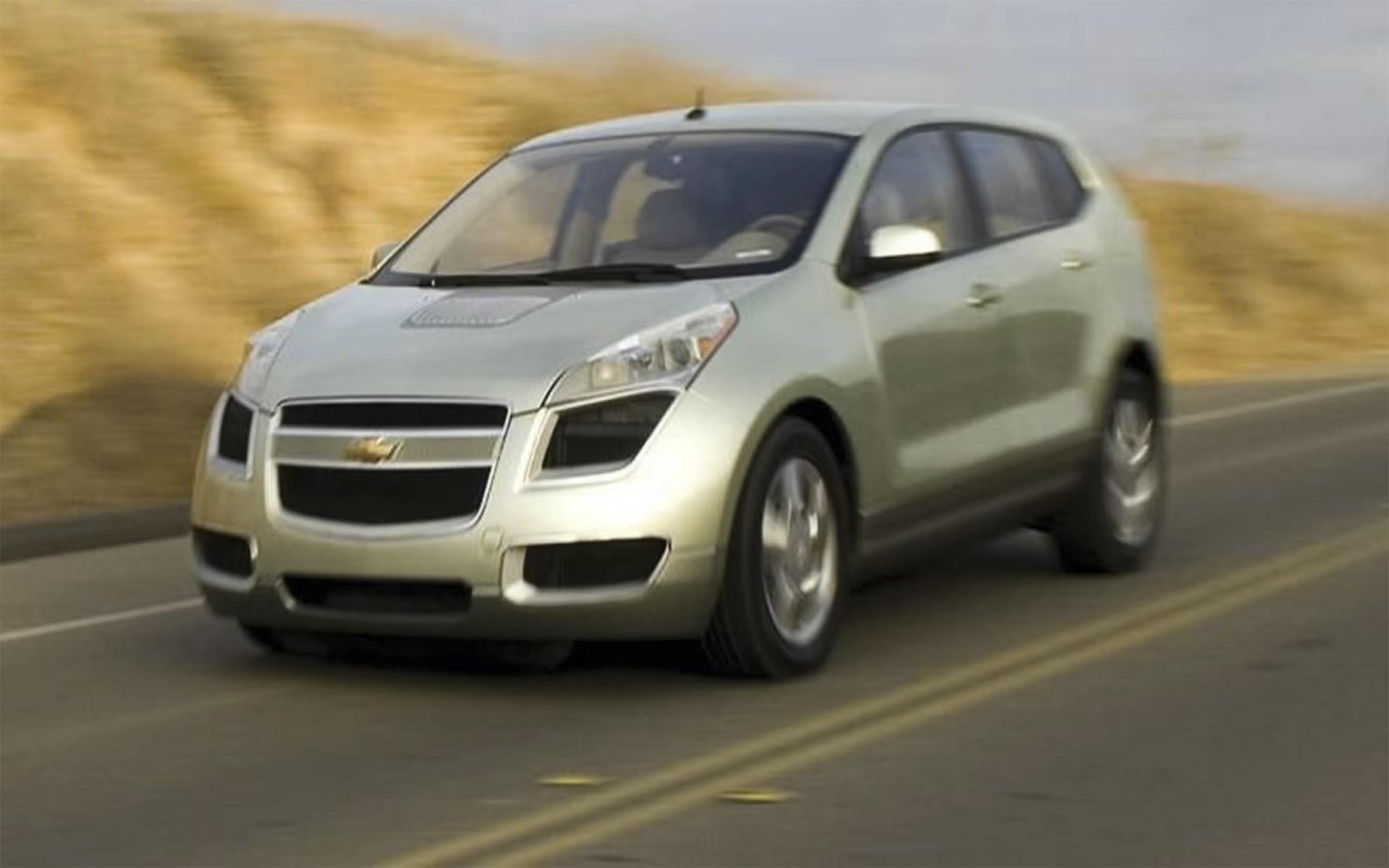
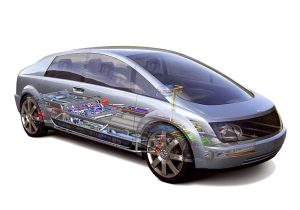
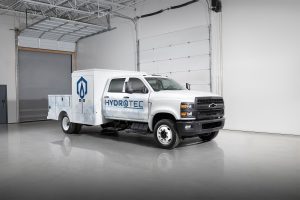
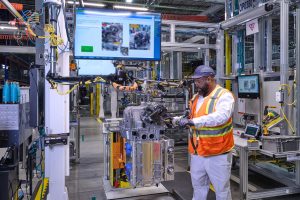
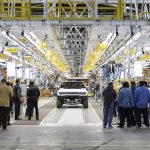
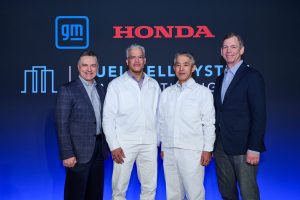
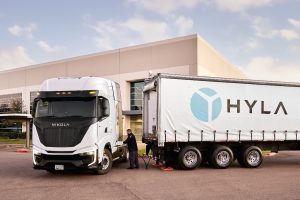

I think this is just an EV issue. GM’s just getting back to basics (ICE) where the money is. Glad to see Honda stay with H2.